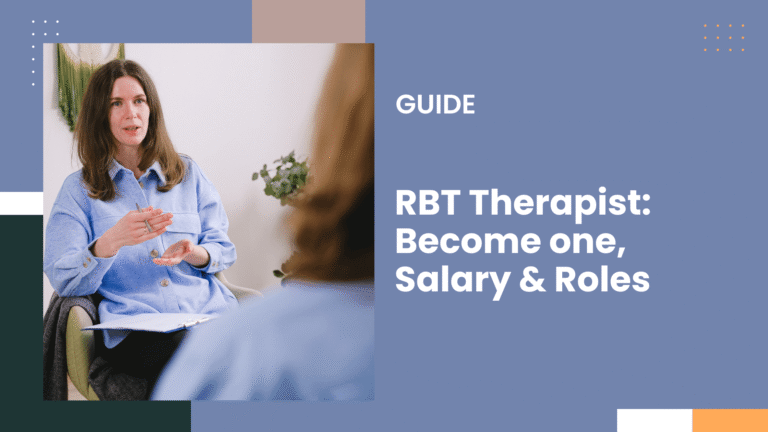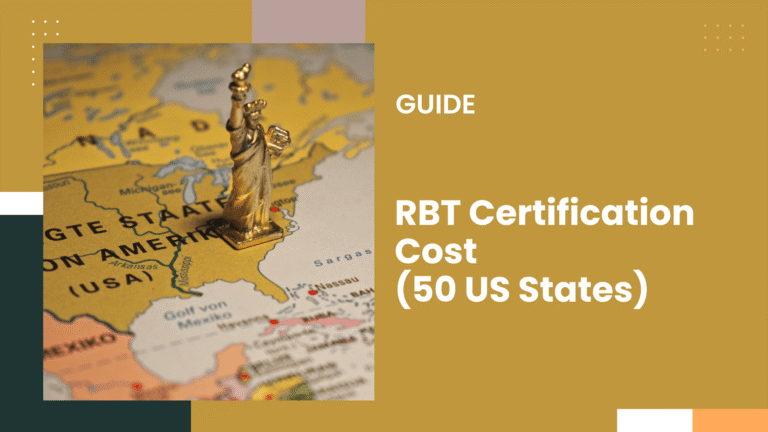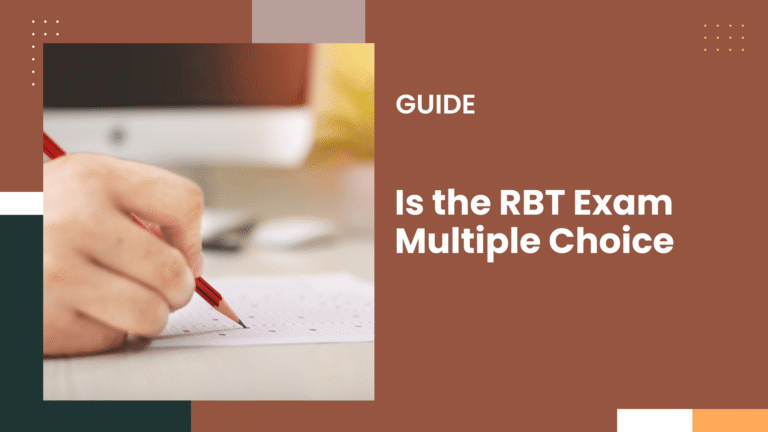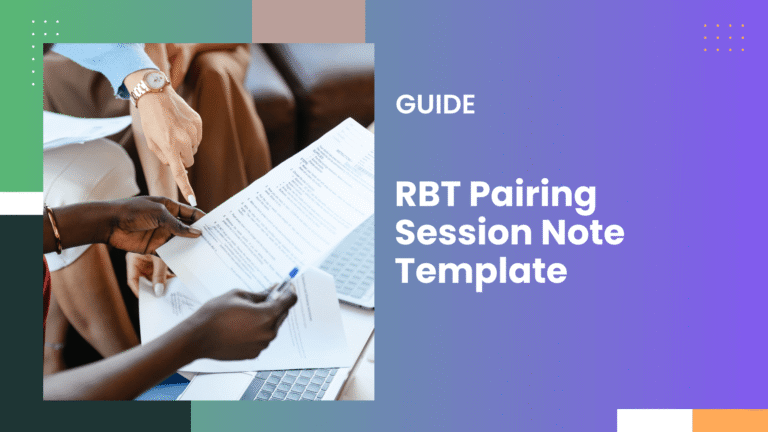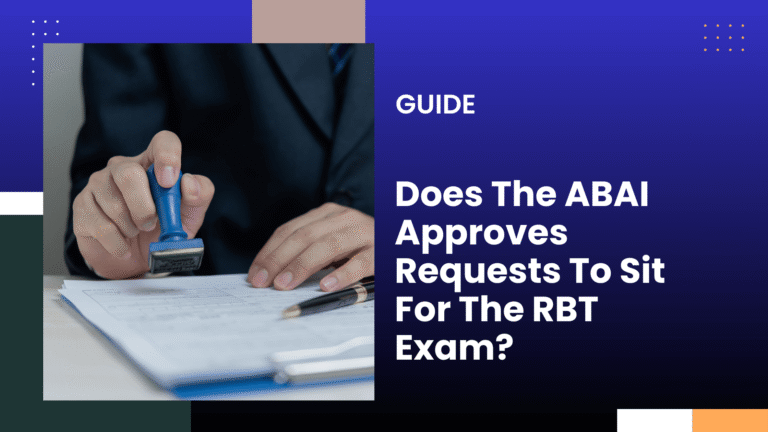RBT Background Check Requirements | Online Checker Tool
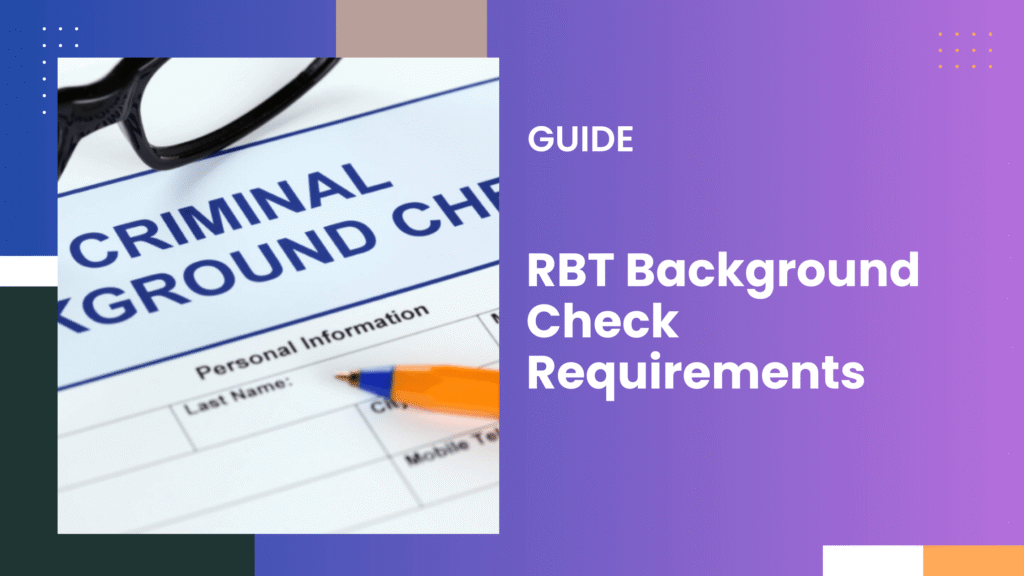
RBT background check requirements include completing a criminal background check and abuse registry check within 180 days of applying. Checks must meet standards for roles with vulnerable populations. Some employers provide documentation, fingerprinting may be required, and Prior History Review applies for certain felony convictions.
If you wanna become a Registered Behavior Technician (RBT), it doesn’t just mean passing training and exams only; you also need to clear a background check.
This step ensures you’re safe to work with children and vulnerable populations, which is the core of ABA therapy.
RBT Background Check Eligibility Tool
RBT Eligibility Verification Tool
Select everything that applies to your history for an educational indication. Policies vary by BACB, employer, and state.
1) Violations & Context
Hard stops usually block RBT roles; others are weighed by recency and rehabilitation.
Hard Stops
Serious Flags
Context‑Sensitive
Mitigators
2) Employer policy strictness (adjust thresholds)
Pick how strict the employer is — this nudges the tool’s thresholds.
3) Result
What’s influencing this result?
- No selections yet.
Suggested next steps
- Make selections above to get tailored guidance.
Who Needs a Background Check?
Every RBT applicant will have to go through a background check. No exceptions.
The Behavior Analyst Certification Board (BACB) requires that all RBT candidates undergo a background check before they are officially certified.
This isn’t just paperwork; it’s about protecting clients and ensuring ABA services are safe and trustworthy.
What Does the Background Check Look For?
- Criminal Records: Felonies, misdemeanors, arrests, and charges.
- Child Abuse & Neglect Registries: Any history involving children or vulnerable populations.
- Sex Offender Registry: Automatic disqualification if flagged.
- Employment History: Some employers verify past work to check consistency.
- Drug Screening (sometimes): Certain clinics or schools require it.
When Is the Background Check Done?
- Before Certification: Required by the BACB to finalize your RBT status.
- At Hiring: Employers often run their own checks, even if you already passed the BACB one.
- Ongoing: Some clinics re-check staff periodically, especially when working with schools or state-funded programs.
What If You Have a Violation?
This is where things get tricky, as not all violations are treated the same. Some of your violations will be more severe than others.
- Automatic Disqualification: Violent crimes, abuse, sexual offenses, fraud, or anything involving children.
- Possible Exceptions: Older non-violent misdemeanors (like minor theft, disorderly conduct, or past DUIs).
- Case-by-Case Basis: Employers look at how recent the violation was, whether it relates to client safety, and if you’ve shown rehabilitation.
Can Employers Still Hire You with a Violation?
Sometimes, yes, depending on the severity of your violations. Here’s how it usually plays out:
- Strict Clinics: Zero tolerance, any record disqualifies you.
- Flexible Clinics: They may hire you if the violation is unrelated to children, safety, or trust.
- Red Flags for Employers: Dishonesty. If you lie about your record and they find out, that’s an automatic rejection.
Do They Do a Police Check?
Yes, Background checks are usually run through local, state, and federal criminal databases. Many employers also check with the FBI fingerprint system, depending on state laws.
So, if you’re wondering if that old violation will pop up, the answer is almost always yes.
Other People Experience
One person shared how they had a DUI from 7 years ago. Their clinic still hired them because it was old, they were honest about it, and it didn’t involve kids.
Another user said their minor shoplifting charge from their teens didn’t stop them either.
But on the flip side, someone admitted they were rejected immediately after a domestic violence charge, even though it was dismissed. Employers didn’t want the liability risk.
The takeaway? Transparency matters. Being upfront gives you a better shot than hiding something.
So, What Should You Do?
If you’re aiming to become an RBT, remember this: the background check is non-negotiable.
It protects clients and ensures professionalism in the field. Minor issues may not disqualify you, but serious violations will.
My personal advice? Be honest, prepare your explanation if you’ve had past mistakes, and focus on showing you’ve grown. Many people on the same path made it through, you can too.

